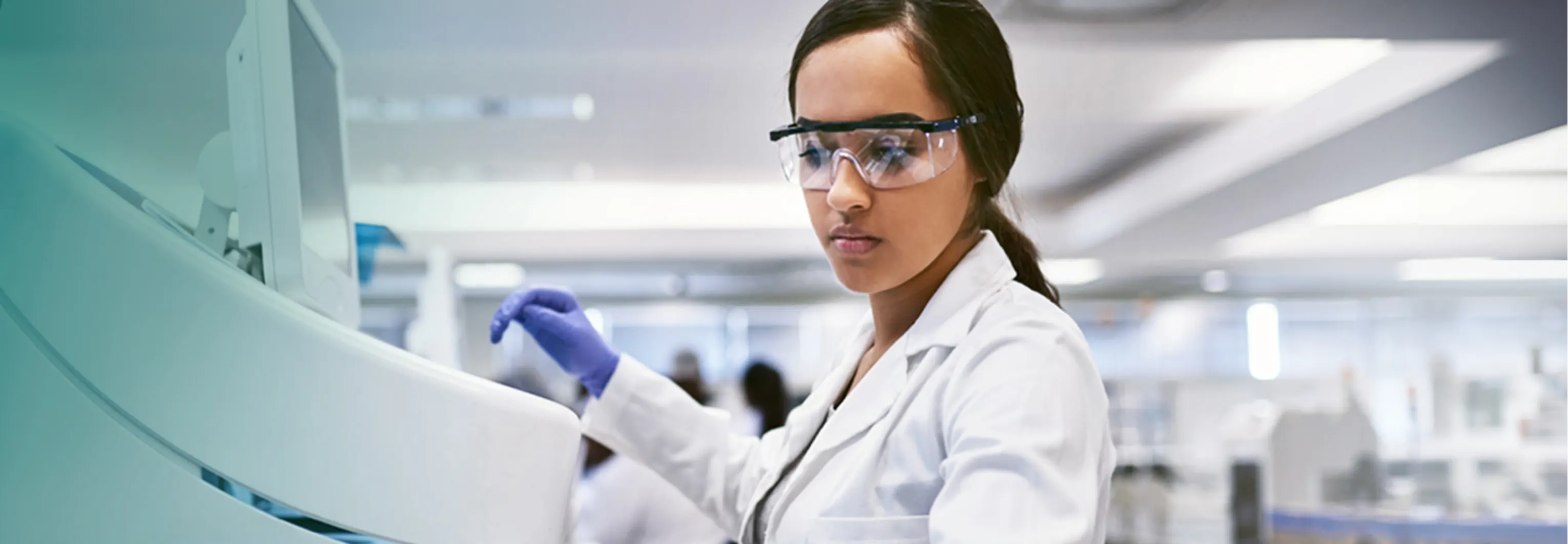

It’s about patients, not technology
Our data is massive in scale and clinically diverse, enabling ethical data sharing and research crucial for patient access to genetic information.
classified unique gene variants
submitted variants to ClinVar
contributed research articles

Genetic variant classification with integrity
It takes a lot of expertise and rigor to classify a variant correctly. When we reach definitive genetic classifications, we do so confidently, with over 99% of ours remaining stable.1

It’s not just automated
Invitae Generation automates the parts of variant classification prone to human error. The rest is up to our scientific experts, who tirelessly innovate to do what’s right for patients.
Take a deeper dive
The future of healthcare depends on what we know now and what we can discover.
Variant classification webinar
Examine over 8 years of variant reclassification data, including rates of reversal and root causes.
Latest whitepaper
The most recent update to Invitae Generation: Clinical Variant Modeling helps reclassify VUS.
ASHG presentation
View our genetic variant reclassification data presented at ASHG. Full manuscript coming soon.
Get the answers you need, when you need them
No matter your practice’s workflow, we’re with you in the here and now.
